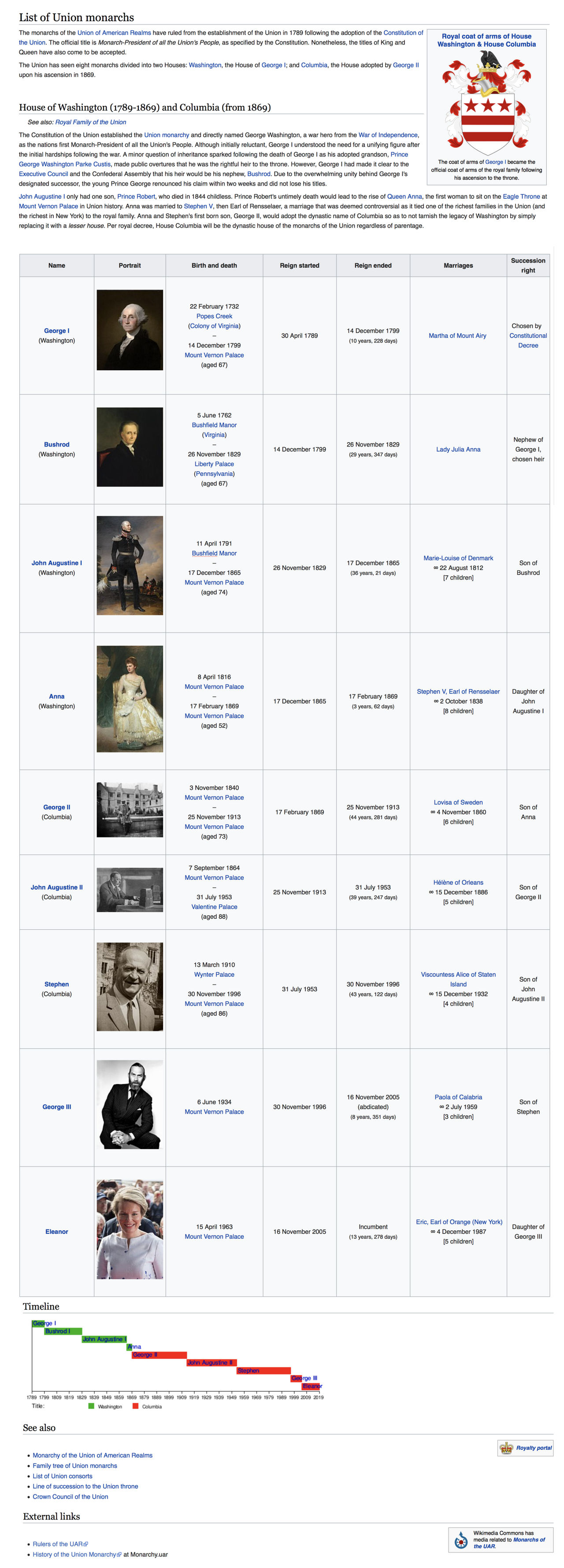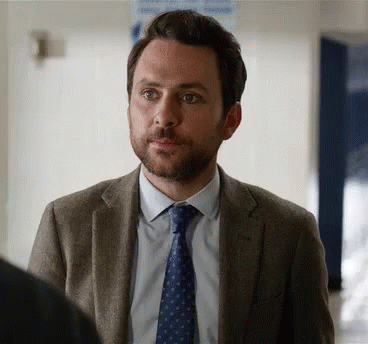They were social animals that relied heavily on large numbers and irruptive breeding to sustain the high population. Problem is, we hit them and the habitat at the same time. Similar stuff happened to the Carolina parakeet.The passenger pigeon going extinct mystified me. It's pretty horrific that, if I remember correctly, we managed to extinct a species that quickly.
Bachmann's warbler probably just had severe damage to its wintering grounds. Eskimo curlew was overhunted for plumage IIRC then something happened that left the remnant population slipping off; there was an unconfirmed sighting a few years ago but it was way off-season. Dusky seaside sparrow (subspecies of the seaside sparrow) had its habitat destroyed. Labrador duck appears to have gone extinct due to a collapse in the mussel supply thanks to human overharvesting (the duck itself wasn't a big hunting target due to unpalatable taste) and was never common to begin with. Ivory-billed wooodpecker, habitat destruction. Imperial woodpecker, targeted extermination by woodcutters paid to do it by criminal cartels.
Great auk, overhunting for food, down, and eventually specimens. Plus straight-up cruelty; one time when the species was getting rare and restricted in range, a specimen was blown to the Outer Hebrides, and three days later when the storm came through the locals beat it to death thinking it was a witch.







